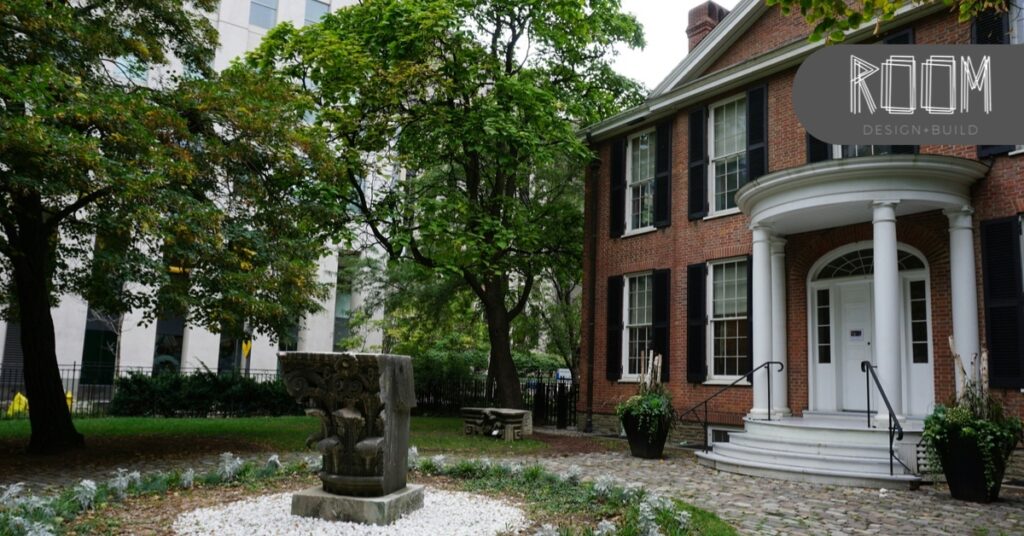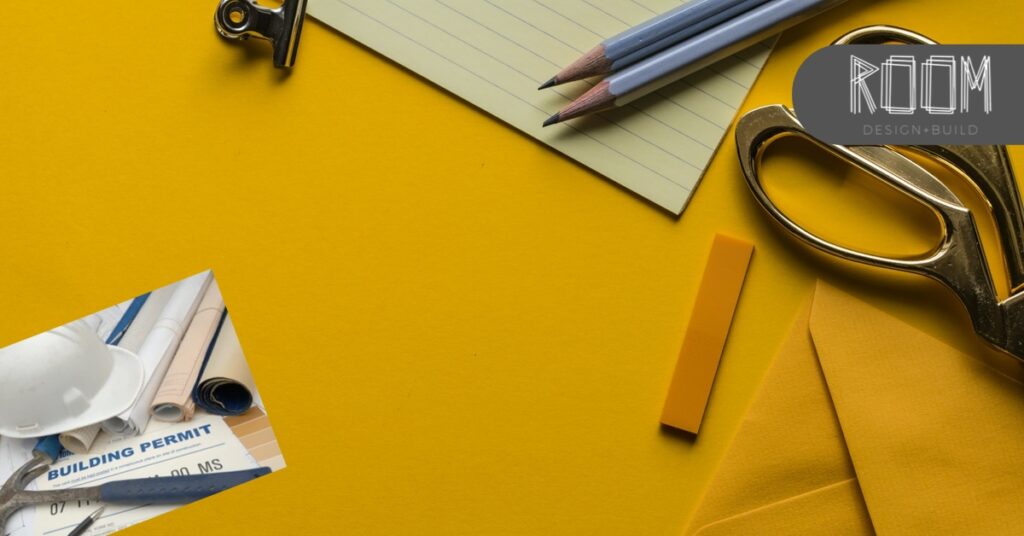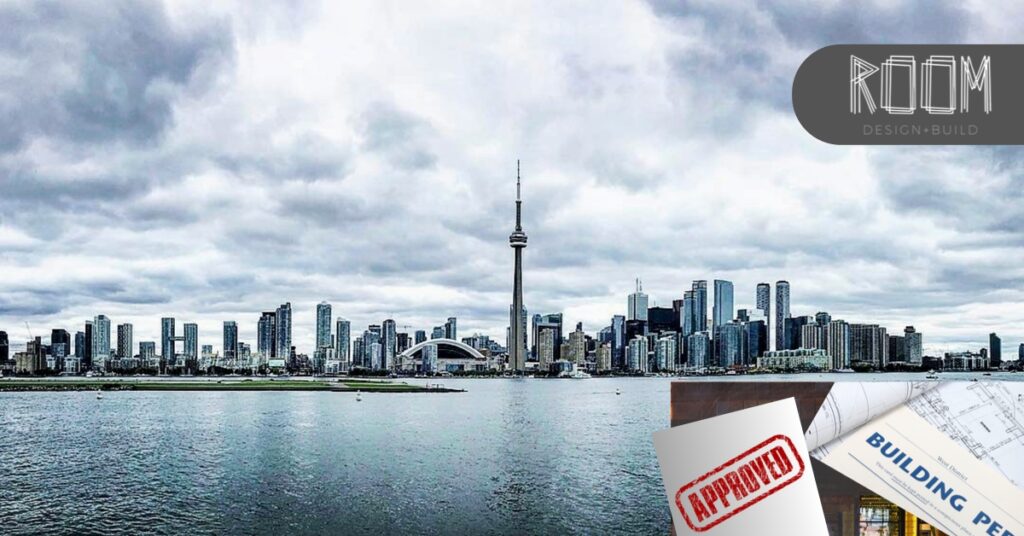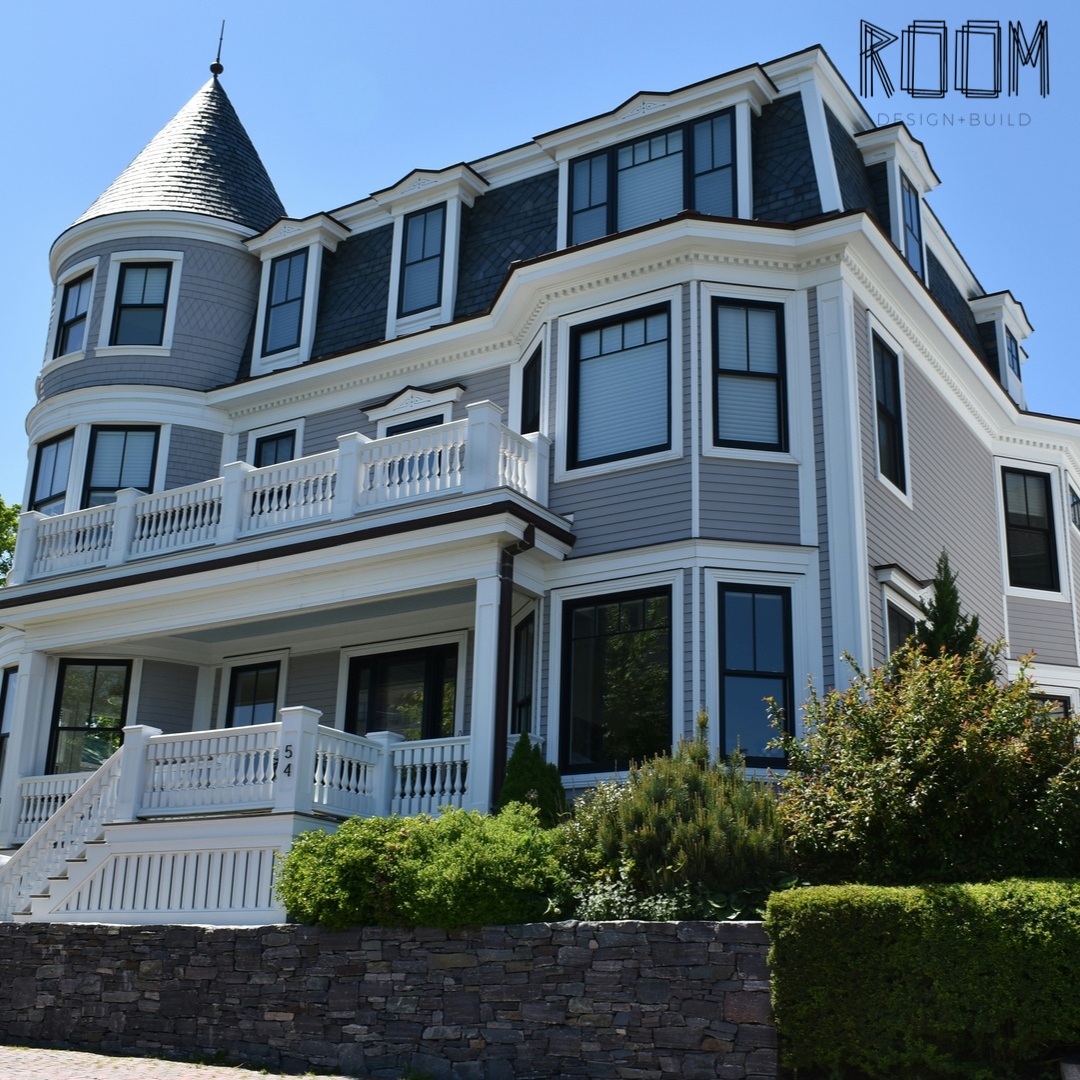Table of Contents
Navigating the building permit process in Toronto can be a daunting task for both seasoned developers and first-time renovators. A building permit is an official approval from the municipal authorities to commence construction, ensuring that plans comply with local zoning laws, building codes, and safety regulations. Understanding and navigating this process is crucial for the success and legality of your construction or renovation project.
Why Building Permits are Crucial

Building permits play a critical role in ensuring the safety of construction projects by enforcing adherence to established building codes and standards. They serve as an official approval from city authorities, confirming that proposed constructions meet all regulatory and safety requirements. This oversight helps prevent potential hazards that can arise from unsafe building practices, protecting both workers on-site and the community at large.
Furthermore, building permits promote responsible land development that aligns with community guidelines and enhances property values. By requiring that all construction activities respect local zoning laws and urban plans, permits contribute to orderly urban growth and sustainability. This not only protects individual property owners but also supports the overall economic and environmental health of the community.
Understanding the Types of Building Permits
Building permits in Toronto are categorized based on the scope and type of construction or renovation. The primary categories include:
- Structural Permits: Required for new constructions or significant alterations to existing buildings, ensuring structural integrity and compliance with safety standards.
- Renovation Permits: Needed for modifications within existing structures, such as reconfigurations, expansions, or system upgrades.
- Electrical, Plumbing, and Mechanical Permits: These are specific to installations and major repairs of electrical, plumbing, and HVAC systems, critical for maintaining building functionality and safety.
Understanding these categories helps streamline the application process by ensuring that applicants provide all necessary documentation and adhere to relevant codes. Each type of permit is integral to maintaining standards and safety across all construction activities in the city.
Step-by-Step Guide to the Permit Application Process

Navigating the building permit process in Toronto is a critical step in ensuring your construction or renovation project adheres to all local regulations and is safe for occupancy. This comprehensive guide provides a detailed look at each phase of the process.
Initial Consultation
The first step in securing a building permit is the initial consultation. This involves discussing your project with a city planner or permit officer. During this consultation, you’ll gain valuable insights into specific requirements and guidelines that pertain to your project. It’s an opportunity to ask questions and clarify any uncertainties you might have about zoning laws, environmental regulations, and other relevant codes. This step is crucial for tailoring your application to meet all statutory requirements and for avoiding common pitfalls that could delay approval.
Document Preparation
Once you have a clear understanding of the requirements, the next step is to gather all necessary documents for submission. This typically includes detailed plans and drawings of the proposed construction or renovation, executed by a qualified architect or engineer. You’ll also need to provide a site plan that shows property boundaries, the location of existing and proposed structures, and details about the use of surrounding properties. Additionally, any relevant environmental impact assessments, heritage impact statements, and other supportive documents should be prepared. Ensure all documents are accurate and professionally prepared to facilitate a smooth review process.
Submission
With your documents ready, submit your application through the city’s online portal or in person at the local building department. Ensure that your application includes all required forms, fees, and accompanying documentation. Online submissions are generally faster and more efficient, allowing for easier tracking of your application’s status. However, in-person submissions can be beneficial if you wish to discuss your application directly with a permit officer.
Review by City
After submission, your application undergoes a thorough review by municipal authorities. This review process involves multiple departments, each verifying that your plans comply with zoning laws, building codes, and other municipal regulations. The complexity of your project can affect the duration of this review. Simple renovations may be processed quicker, whereas new constructions typically take longer. Throughout this stage, you may be contacted to clarify certain elements of your project or to provide additional information. Respond promptly to such inquiries to avoid delays.
Key Documents Required for a Successful Application

To ensure a smooth application process, prepare the following documents:
- Detailed Construction Plans: Include all architectural, structural, and mechanical drawings.
- Site Plan: Showing the property lines, the structure location, and details about the land.
- Proof of Property Ownership: A recent land title or similar document.
- Application Forms: Filled accurately and signed.
Common Pitfalls to Avoid in Permit Applications
Common errors can delay your permit approval:
- Incomplete Applications: Ensure all required sections are filled out.
- Incorrect Information: Double-check all entries for accuracy.
- Non-compliant Plans: Make sure your plans adhere to local zoning and building codes.
Navigating Commercial vs. Residential Permits
Navigating the permit process for commercial versus residential projects involves understanding distinct requirements and regulations that apply to each type. Commercial projects, which include developments such as office buildings, retail spaces, and industrial facilities, often face more stringent requirements due to their complexity and the public safety considerations they entail. These projects must comply with detailed safety codes, accessibility standards, and environmental regulations. Additionally, commercial permits often require comprehensive documentation, including traffic impact assessments, environmental impact studies, and detailed architectural and engineering plans to ensure that every aspect of safety and functionality is addressed.
In contrast, residential permits are primarily focused on ensuring that home constructions or renovations comply with local zoning laws and building codes aimed at maintaining structural integrity and safety. While still rigorous, the documentation for residential projects is usually less complex compared to commercial projects. Residential permits typically examine factors such as the building’s size and height, its setback from property lines, and its adherence to residential zoning regulations. For homeowners or developers of residential properties, understanding these specific requirements can significantly streamline the permit application process, leading to quicker approvals and fewer complications during construction.
Tips for a Speedy Permit Approval

Engage Professionals
Hiring experts like architects, planners, and expeditors is key to smoothly navigating the permit process. These professionals are experienced and know a lot about the rules and requirements for building. Architects and planners make sure your designs look good and work well, following local building rules. Expeditors are specialists in dealing with the permit process quickly. They understand how city offices work and can often predict what the permitting office will need. This helps them organize your documents well and talk effectively to avoid delays.
Regular Follow-ups
It’s important to keep in touch with the permitting office regularly. This helps you stay informed about where your application stands and any issues that might come up. Checking in often shows that you are serious about following the rules and helps solve problems faster. You can check in through emails, phone calls, or even by visiting in person. This keeps your application on the front burner and clears up any confusion or mistakes quickly.
Pre-emptive Corrections
Before you send in your permit application, make sure everything is perfect. This means double-checking all documents and making sure your plans fully meet zoning and building codes. It can be helpful to have someone else, like a consultant, look over your application. They might spot problems that you didn’t see. Fixing these issues before you submit your application can prevent delays caused by missing information or mistakes. This careful checking saves time and effort by reducing the need for redoing work.
Summary
Getting a building permit in Toronto might seem tough at first because of all the steps involved. However, if you understand the process well and prepare everything you need ahead of time, you can make things go much faster. Making sure you have all the right documents and asking experts for help can really improve your chances of getting your permit quickly. This careful preparation helps your building or remodeling project start on time and avoid any legal problems.
Moreover, keeping in regular contact with the permit office and checking your application materials for errors can speed up the process even more. When you talk often with the people who give out permits, they can help you fix any issues right away. This stops small problems from becoming big delays. Remember, being well-prepared and proactive are your best tools for smoothly navigating through the permit process. By following these steps, you can start your construction confidently, knowing everything is set up right.
How We Can Help
Room Design Build is an architectural design and build firm located in Toronto. If you need more information on design and build, contact us today and learn how we can help you.
The information provided above is of a general nature and should not be considered as advice. Each transaction or situation is unique and requires specific advice to meet your specific needs. Therefore, if you have questions about residential and commercial construction, consulting with an expert in the field is recommended.



